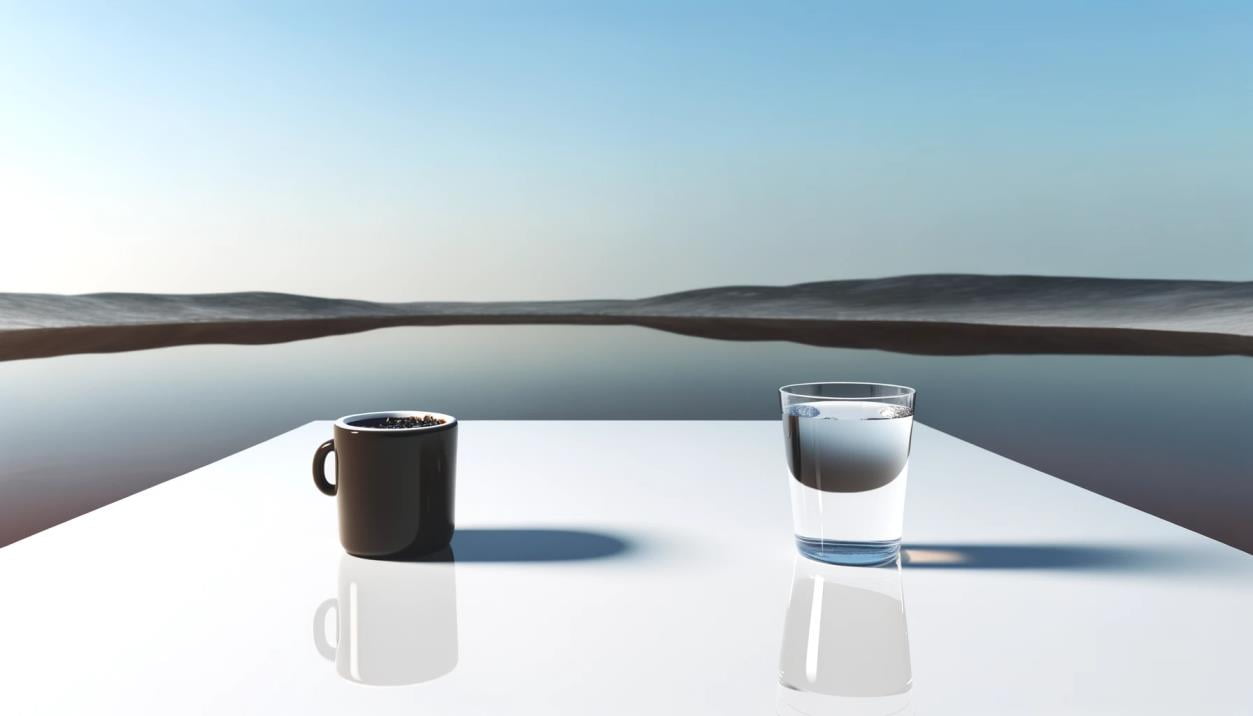For men starting to get older, especially those on a journey to better health, weight loss, or blood sugar management, the role of caffeinated beverages in hydration deserves a closer look. While a morning coffee or an iced tea might seem harmless, understanding their effects on hydration is key to making informed decisions about your daily fluid intake.
The Dehydrating Effect of Caffeine
Caffeine is a diuretic, meaning it increases the rate at which your body eliminates water, potentially leading to dehydration. Regular consumption of coffee, tea, and soda can complicate efforts to stay hydrated, especially when these drinks replace water in your daily routine.
How to Enjoy Caffeine Without Compromising Hydration
Balance with Water: For every caffeinated drink, follow up with an equivalent amount of water to offset the diuretic effect.
Limit Intake: Keep caffeinated beverages to a moderate level, focusing on water as your primary source of hydration.
- Can I still drink coffee if I’m trying to stay hydrated? Yes, but balance it with sufficient water intake to counteract the diuretic effect.
- How does caffeine affect my diabetes management? Caffeine can influence blood sugar levels and hydration; monitoring your response and adjusting intake accordingly is advisable.
Understanding the impact of caffeinated beverages on hydration is crucial for maintaining optimal health. By moderating caffeine consumption and prioritizing water, so men can ensure they’re supporting their health goals without sacrificing the enjoyment of their favorite drinks.







0 Comments